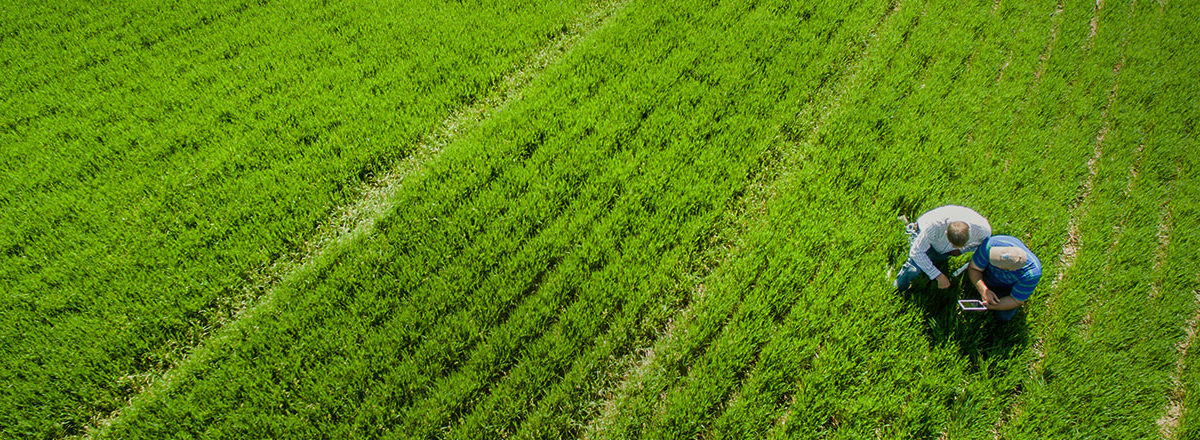Sustainable Agriculture and America’s Wildlife
Wildlife are among America’s most treasured assets, yet wildlife populations face a wide range of challenges. These include ongoing threats of habitat loss and degradation, both direct and indirect.
Some of America’s most iconic wildlife species, including bison, grizzly bears, and bald eagles, are associated with grand protected landscapes, such as Yellowstone and Yosemite. However, nearly half of the nation’s land is privately owned and predominantly devoted to agricultural purposes, while also serving as home to many wildlife populations. Our farming and ranching lands support a rich variety of wildlife and the ecosystems upon which they depend. These working landscapes, and the people who live and work in them, are often overlooked in wildlife conservation efforts, but are deeply deserving of our respect and attention.
The National Wildlife Federation believes that society and wildlife are deeply and intimately connected. The natural systems—air, water, land—upon which we all depend are also key components of sustainable agriculture. America’s farmers and ranchers have a key role to play in protecting and restoring the nation’s wildlife. This includes not only directly supporting wildlife habitat in agricultural landscapes, but also preserving and restoring the country’s great water, air, and soil resources. We are strongly committed to the prospect that the practices that are best for wildlife are also central to supporting the nation’s farmers and ranchers and America’s continued leadership in agricultural production. The Federation’s sustainable agriculture programs seek to support leading farmers, ranchers, and conservation professionals striving to advance soil health and conservation practices across the country.
Best Management Practices
Building more sustainable and resilient agriculture in the US will require the actions of thousands of farmers, land owners, advisors, and conservation professionals working together. A wide range of practices can enhance the sustainability and productivity of crop and livestock producers and the land on which they live and work. Our programs focus in particular on sustainable cropland production practices that follow the principles of soil health:
- Keep the soil covered as much as possible
- Minimize soil disturbance
- Use a diverse array of crops
- Maintain continual living plants and roots throughout the year
- Integrate livestock into the landscape

Farmers can use a number of practices to achieve these principles, including reduced tillage (or no-till) systems, cover crops, diverse crop rotations, and sustainable pasture management (including rotational grazing methods). These practices reduce soil erosion, increase soil organic matter and water infiltration, and decrease nitrogen loss, all while providing water quality and air quality benefits through retaining nutrients. Many of these practices offer clear benefits to farmers, wildlife, and climate.
Our Outreach Approach
When it comes to management decisions, including choices about conservation, farmer decisions are based on factors such as values, tradition, routines, and risk. For any new practice to be adopted, it needs to match the decision-making framework of the individual farmer. Luckily, most agricultural best practices solve common problems and can help set up farmers for success in the long term. Our sustainable agriculture programs assist in making sustainable agriculture more practical and appealing to the larger farming community by improving outreach and promotion of conservation practices. To have better success, outreach to farmers needs to carefully consider the decision-making processes of farmers, especially those who are still hesitant to adopt these practices.
Testimonials
“Social science is a missing part of traditional trainings. We work with people, so we need a different skill set. Great training!”
“Excellent format with a mix of presentations and discussions. The presenters were top notch. They were patient and informative which was valuable.”

“This training gives a different take on overall understanding how to ‘sell’ what we do. Those skills are never taught in an NRCS training.”
“The struggle is real. I learned a lot about challenges that farmers are facing and how to build a strategic approach to communication.”
“It is very rare to see a grant or program that truly rewards innovative outreach. The staff really works with you every step of the way to make the outreach more successful.”
Meet the Team
The sustainable agriculture team combines their diverse backgrounds in social science, conservation policy, agricultural decision-making, and wildlife ecology to drive working lands conservation across the country. They work with farmers and natural resources professionals to conduct innovative conservation outreach, and support sustainable agriculture policy that ensure our farmers, ranchers, and the lands they steward thrive in now and in the future.
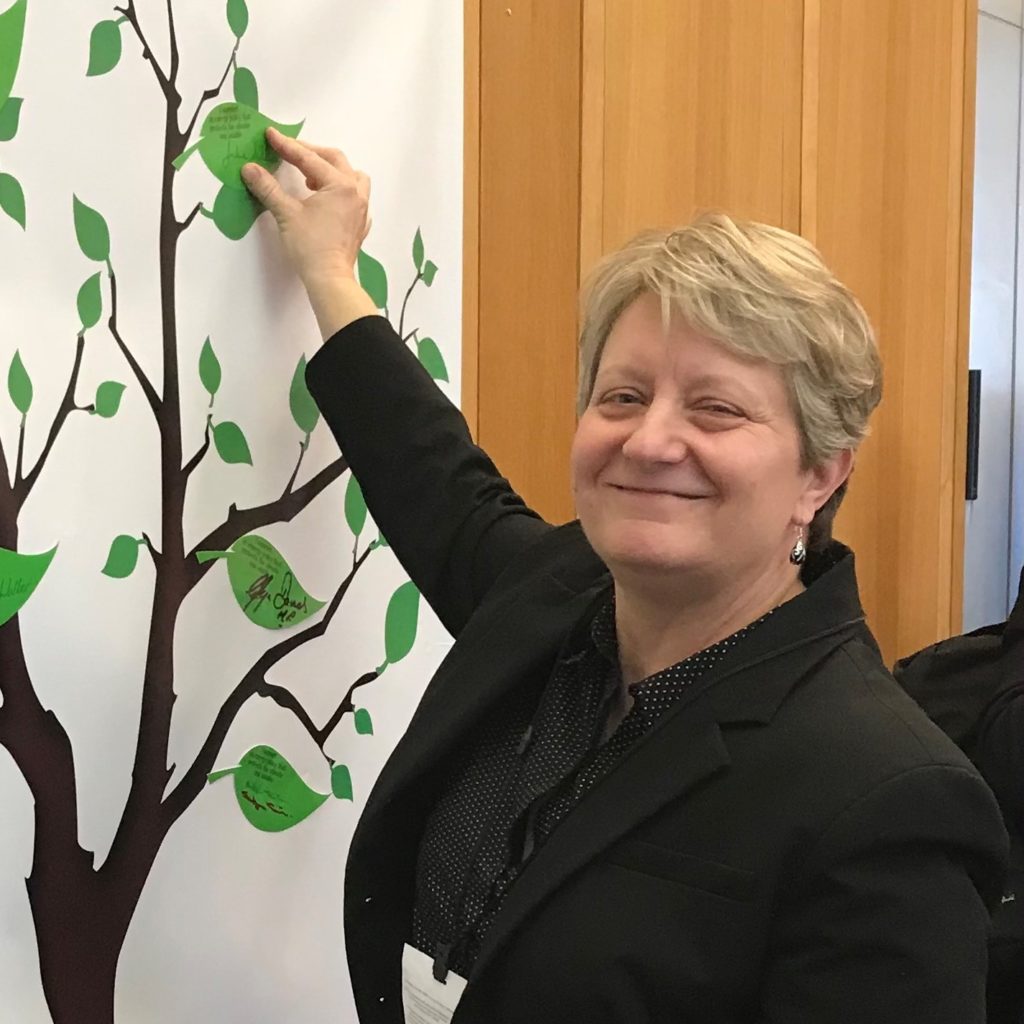
Julie Sibbing
Associate Vice President for Land Stewardship
Julie Sibbing is the associate vice president for land stewardship at the National Wildlife Federation in Washington, DC. On the National Wildlife Federation staff since 2000, Julie oversees the Federation’s work to improve conservation outcomes on working agricultural and forest lands, with an emphasis on water, wildlife, and carbon storage. Her team is engaged both on federal policy as well as in promoting improved outreach to landowners to increase adoption of sustainable agriculture practices. Julie holds a B.S. in ecology, ethology, and evolution and an M.S. in forest ecology, both from the University of Illinois at Champaign/Urbana.

Jess Espenshade
Director, Sustainable Agriculture Outreach
Jess Espenshade is the Sustainable Agriculture Outreach Director at the National Wildlife Federation. She developed her love of agriculture growing up in Lancaster County, Pennsylvania. Jess manages the Cover Crop Champion program and Grow More trainings, traveling the country to equip on-the-ground agriculture professionals with the tools to make sustainable agriculture a fit for all farms. Her background includes work with the Pennsylvania Association of Conservation Districts and the United States Department of Agriculture in Vermont. Her graduate work focused on human dimensions of natural resources, specifically how people make decisions about the environment. Her current role combines her interest in social science with her desire to promote a more sustainable future for agriculture and the environment.
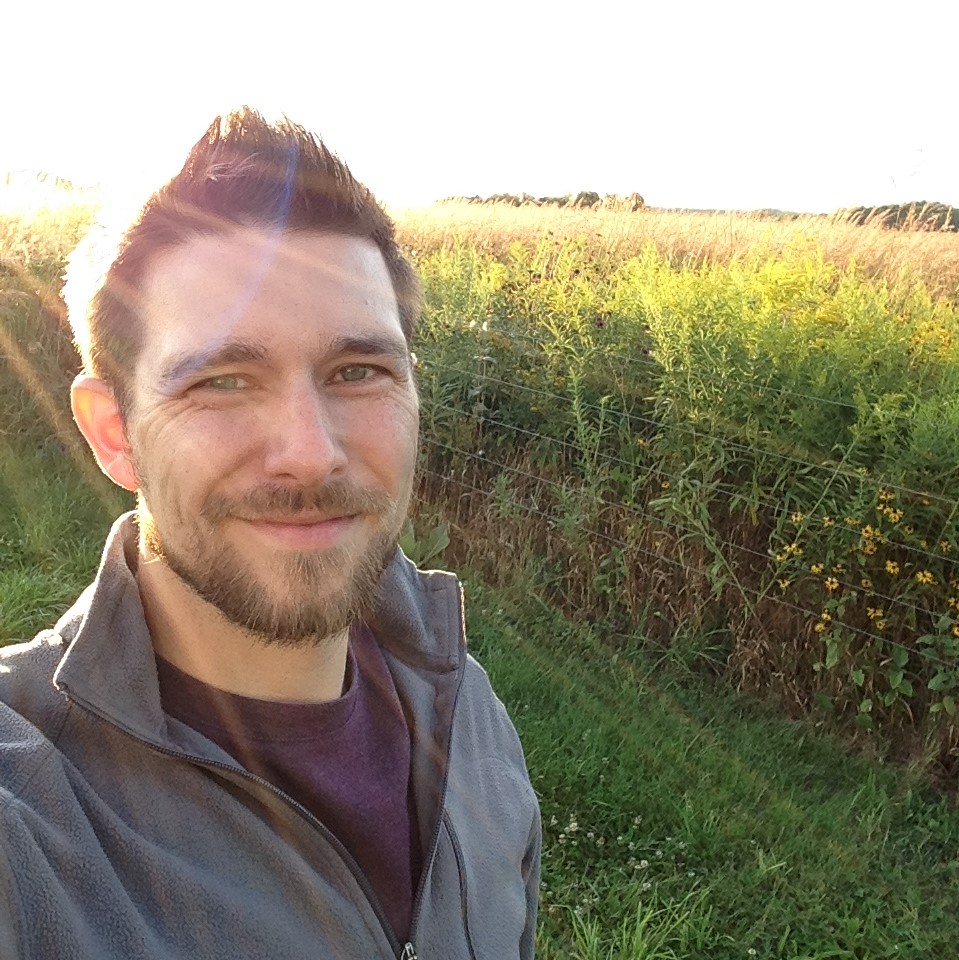
Adam Reimer
Outreach & Evaluation Scientist
Dr. Adam Reimer is our outreach and evaluation scientist at the National Wildlife Federation. He brings his experience in conservation behavior change to support the sustainable agriculture and outreach programs, evaluating the behavior change impacts of these programs. Adam has a background in wildlife ecology and management, as well as in conservation policy, and has established himself as a leader in research on agricultural conservation decision-making, with over 20 peer-reviewed publications. Adam holds a PhD from Purdue University in Natural Resources and Social Science, a Master of Public Affairs from Indiana University, and held a postdoctoral fellowship with the National Agricultural and Rural Development Policy Center in 2012, where he explored emerging rural policy issues, including water management and conservation policy.

Lekha Knuffman
Senior Agriculture Program Specialist
Lekha Knuffman is a senior agriculture program specialist at the National Wildlife Federation based in Washington, DC. She works on federal policy including Farm Bill conservation and biofuels, programs such as Cover Crop Champions, and hosts the biennial America’s Grasslands Conference. She has a doctorate degree from the University of Michigan in Resource Policy and Behavior. Her dissertation research tested theories of collective action for groundwater governance using experiments to study patterns in decision-making among farmers in India’s drylands.

Kennedy Mayfield-Smith
Senior Coordinator of Agriculture Communications
Kennedy Mayfield-Smith is the Senior Coordinator of Agricultural Communications at the National Wildlife Federation. Kennedy has a background in animal science as well as agricultural and environmental education and communication. She holds a Master of Agricultural and Environmental Education from the University of Georgia where her work focused on the sources we look to for scientific information and how we can better reach different audiences. Her current role combines her love for teaching and her interest in the ever-changing world of science communication in hopes of influencing behavioral and cultural change.
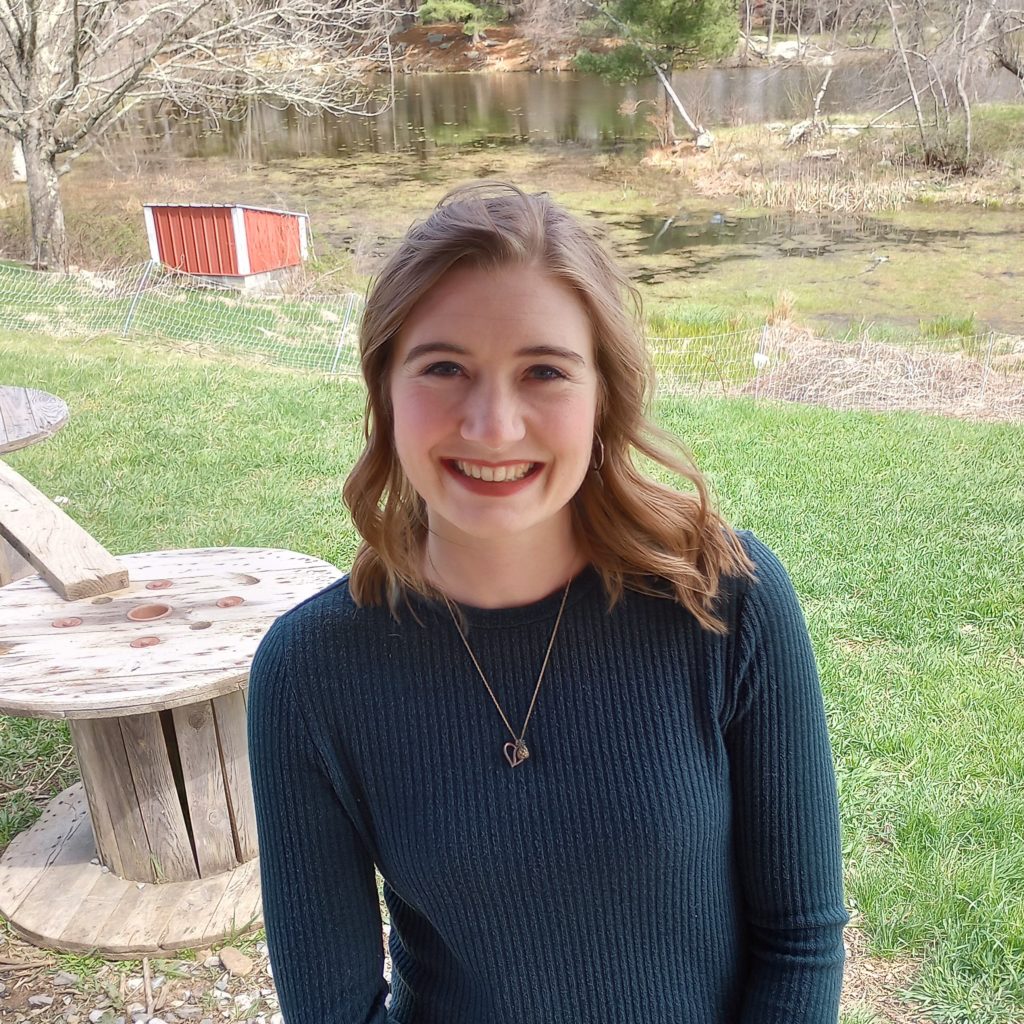
Aleta Dam
Agricluture Program Coordinator
Aleta Dam is the Agriculture Program Coordinator at the National Wildlife Federation. She supports the sustainable agriculture team by aiding with data collection and analysis, as well as community outreach efforts. Growing up on a farm in rural Massachusetts surrounded by wildlife is where she gained her love for the environment and a passion for sustainable practices. Aleta has a M.S. degree in Conservation Medicine from Tufts University, which focused on using a One Health approach to solve conservation issues recognizing that human, animal, and environmental health are interconnected. Recently, she collaborated with students and faculty from the University of Global Health Equity and the University of Rwanda on a research project identifying risk factors, care-seeking behaviors, and the economic costs of snakebite envenomation in Rwanda.
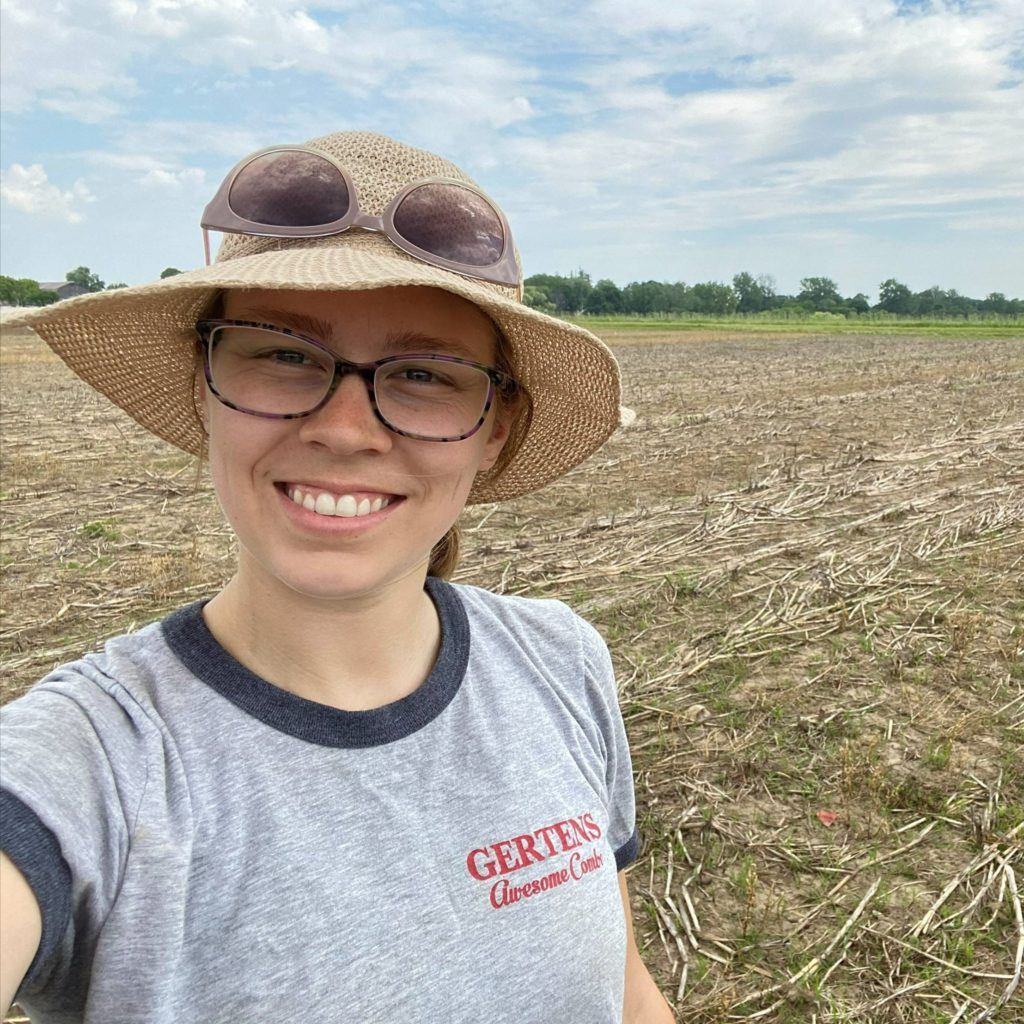
Jenny Berkowitz
Agriculture Outreach Associate
Jenny Berkowitz is an Agriculture Outreach Associate at the National Wildlife Federation. She supports NWF’s Conservation Champions and Grow More training programs and other farmer outreach efforts. She completed a M.S. degree in Horticulture from Cornell University where she studied mustard cover crops, soil health, and extension methods. Jenny uses her background in biology and soil health to help outreach professionals collaboratively apply soil health best management practices. She recently worked with New York City urban farmers to assess soil health and has experience working on small and urban farms in the Twin Cities, Minnesota area.
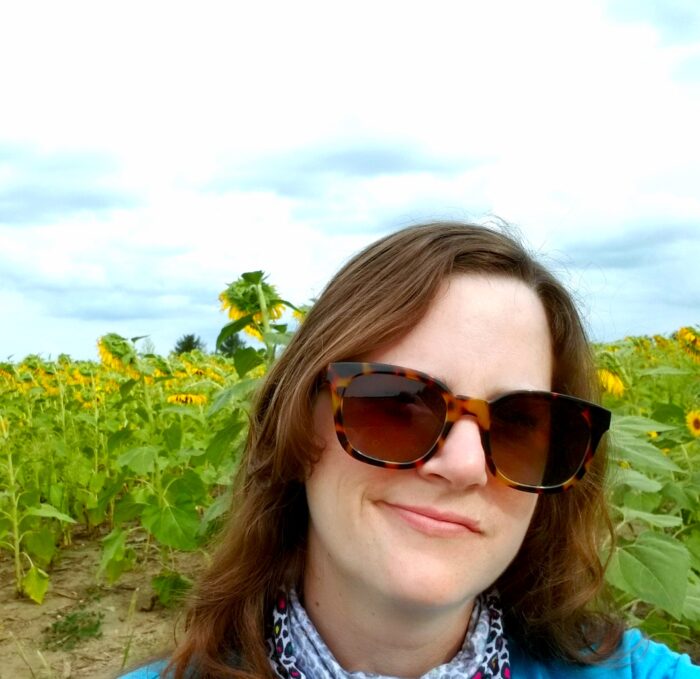
Cassidy Dellorto-Blackwell
Agriculture Program Specialist
Cassidy Dellorto-Blackwell is the Agriculture Program Specialist at the National Wildlife Federation. In this role, she works to sustain the impact and efficacy of the Conservation Champions and Grow More programs. Cassidy grew up among the corn and soybean fields of central Illinois and has always been fascinated by our working landscapes and those who steward them. She has fed her fascination working alongside those stewards on organic farms and supporting private forestland management. She holds a master’s degree from the University of Michigan where her studies focused on environmental psychology and conservation ecology.
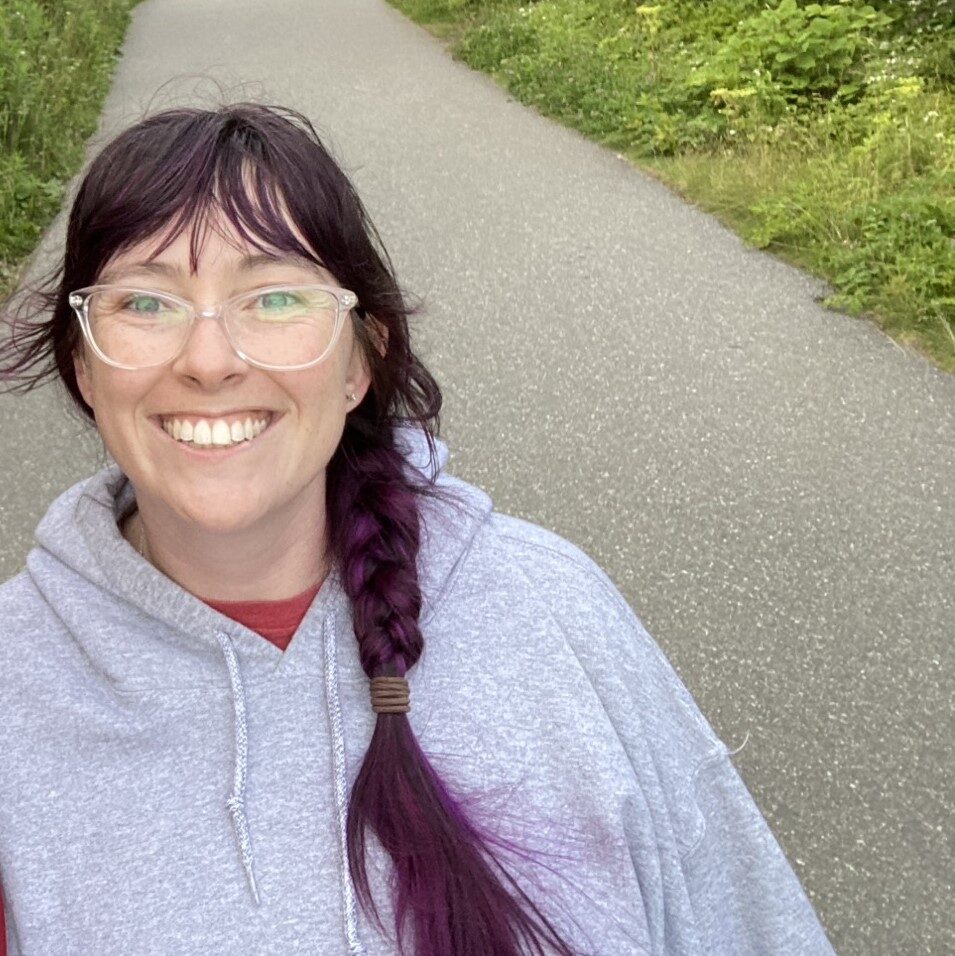
Kaycie Waters-Brocka
Agriculture Outreach Specialist
Kaycie is an Agriculture Outreach Specialist and Grow More trainer at the National Wildlife Federation. She was born and raised in Yuma, Arizona. Her father is a lettuce farmer, and she grew up loving the outdoors. She received a B.S. in Natural Resources from The University of Arizona in 2017, and a M.S. in Agricultural Education in 2019. In Arizona, Kaycie met her now husband, an Iowa native, and moved out to Iowa in 2019. Kaycie worked at Iowa State Extension for 4 years before starting at NWF. Kaycie enjoys hiking, kayaking, crocheting, and spending time with her cats and dog. Kaycie loves working with NWF because it allows her to blend her love of natural resources with her love of agriculture.
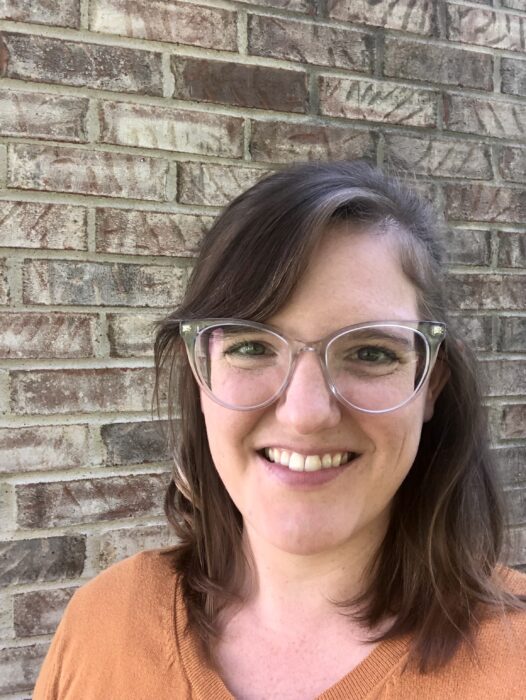
Marie Carmen Shigne
Conservation Postdoctoral Research Specialist
Marie Carmen Shingne is a Conservation Postdoctoral Research Specialist at the National Wildlife Federation. She supports the sustainable agriculture team’s research projects, including evaluations of their Grow More and Conservation Champions programs and analyses of farmer and practitioner-perceived barriers and opportunities to adopting agricultural conservation practices. Marie Carmen holds a PhD in Sociology from Michigan State University and an M.S. in Animals and Public Policy from Tufts University. Her doctoral dissertation work analyzed power-based relations around water access in the United States, how infrastructure and problem framings can contribute to the maintenance of water insecurity. Marie Carmen has worked at the human-environment-justice nexus for years, including projects in India addressing slum residents and street dog access to urban space and resources. Marie Carmen’s work is always driven by a passion for using social science research and community-led approaches to mitigating interlinked environmental justice concerns.
Agriculture Policy Work
National Wildlife Federation’s Agriculture Team also advocates for national policy that supports sustainable agriculture, including robust conservation funding in the Farm Bill.
Learn more about the Farm Bill and our policy work.


